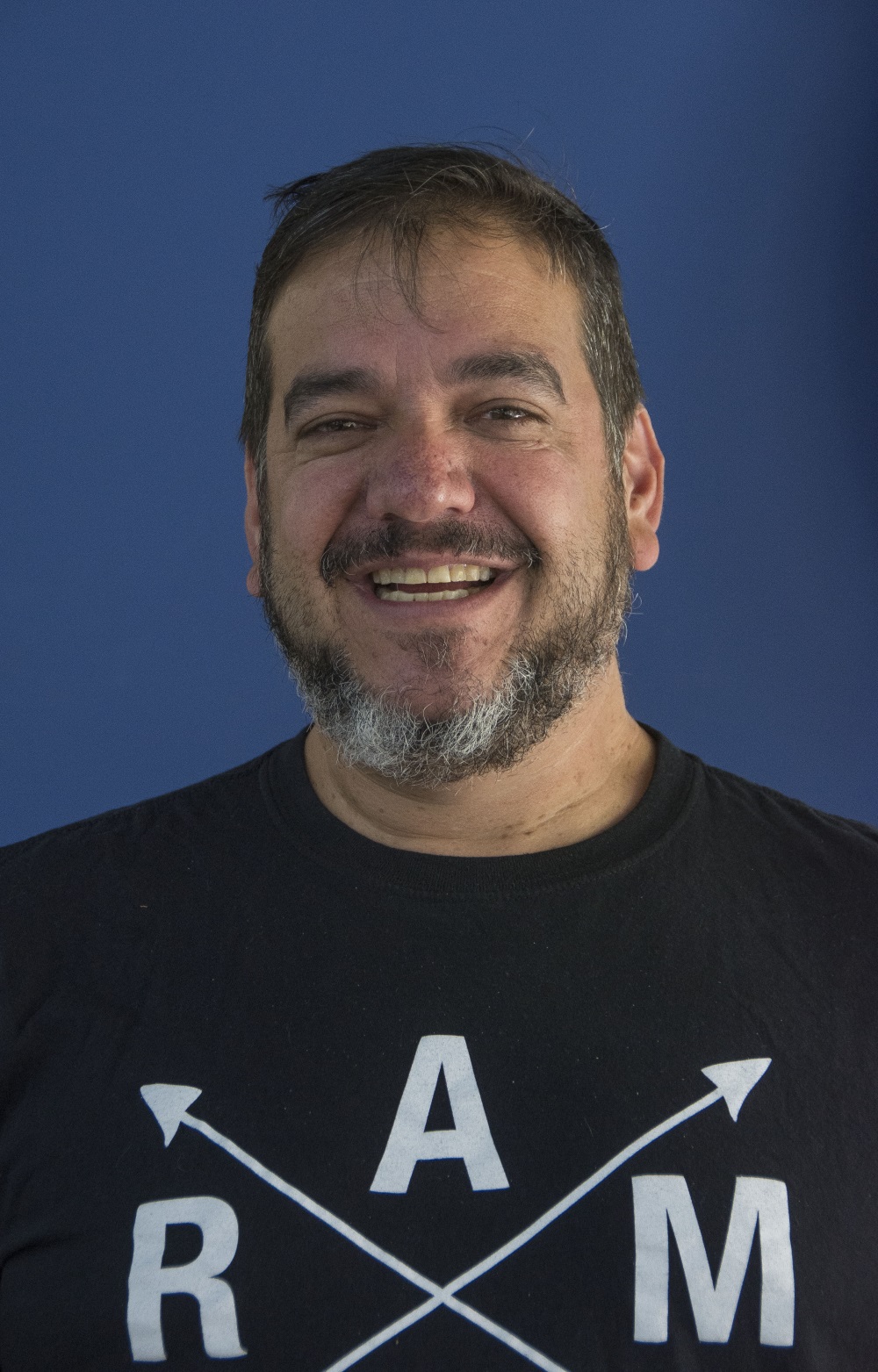Saul Kaye of iCAN and CannaTech outlines a compelling case for Israel to be considered one of the world’s leading hostpots for medical cannabis; drawing on its R&D history, specific population needs, climate, advanced agricultural methods, and the willingness of the Israeli state to embrace what is still an emerging industry.
Israel will play a major, if not the major, role in the development, implementation and exploitation of this exciting area
I think that it can be reasonably predicted that medical cannabis – one of the greatest breakthroughs in pharmacology since the development of antibiotics – will continue booming (and blooming) over the next decade. I also feel confident that Israel will play a major, if not the major, role in the development, implementation and exploitation of this exciting area, building on our existing strong technical and entrepreneurial infrastructure, for reasons I will try to briefly explain.
It’s worth remembering that Israel already ranks in the top three countries for the level of overall involvement in Medical Cannabis, coming just behind Canada and ahead of the Netherlands. And when you think of the relative sizes of these three countries’ economies, you can see that Israel’s level of commitment and involvement is much higher than that of the others.
Israel has several significant advantages that has brought it to the forefront so far, and that are almost guaranteed to maintain its position.
Deep History
The psychoactive chemical THC was isolated by Professors Raphael Mechoulam of the Hebrew University and Yechiel Gaoni of the Weizmann Institute in 1964. Professor Mechoulam is widely, and rightly, regarded as the father of modern research into medical cannabis. Many of his students have gone on to establish their own innovative laboratories, building on the advances he initiated.
Specialized Needs in the Population
Several diseases that are now known to respond well to medical cannabis have higher than average incidence in the Israeli population. Most significantly, illnesses such as Parkinson’s, multiple sclerosis, Crohn’s disease, and post-traumatic stress disorder are over-represented and are desperately in need of both palliative care and of curative treatments that have so far not been found in regular pharmacology.
Another factor is the remarkable life expectancy in Israel, which is currently over 82 years, nearly five years longer than in the US and exceeding that of many advanced countries such as Canada, the UK, Australia and Germany.
The pain-relieving capabilities of CBD make it an increasingly important component in the healthcare basket and have acted as an incentive for the Ministry of Health to actively pursue advances by investing tens of millions in grants to research companies and universities.
Advanced Agricultural Methods
For decades, Israel has been at the forefront of developments of water- and soil-efficient technologies, making the desert bloom not only here but throughout sub Saharan Africa. In parallel, research has illustrated the best conditions in which marijuana plants thrive, in terms of nutrition, water, light and temperature. This puts Israel in an optimum position to both grow and export the product itself, and to act as an incubator, consultant and advisor to other countries trying to implement modern methods.
Optimum ‘Green Climate’ Conditions
Israel has a climate that is optimum for growth of these plants, making it possible to maximize production without the need, which is common in other climates, for artificial lighting, temperature control, protective covering etc. that make the whole cycle an intrusion into, rather than a boost to, the environment.
Research and Innovation
Cannabis research in Israel does not require strict regulation in comparison to the US. Both university research centres and private enterprise have spent many hundreds of millions of shekels developing a wide variety of cannabis strains and marijuana-derived products that have been shown to provide medical benefits. Companies based here have developed hundreds of different varieties, and Israel is considered to be one of the leading medical cannabis suppliers in the world.
Export OK
Last month Israel’s government gave medical cannabis companies the green light to start exporting their products. Early estimates put the value of this at around one billion shekels (around USD 300 million), but I regard this as highly conservative. According to one of the leading survey reports, ‘the global medical cannabis market size was estimated to be more than USD 11 Billion in 2017’ so this estimate ranks Israel at barely three percent, hardly reflecting its many advantages.
In my view, at a minimum, Israel should have a market size of closer to USD 500 million, which is still a modest five percent of global market share. According to the same survey, the market is expected to grow at an annual rate of 22 percent, reaching around USD 37 Billion by 2023. If we extrapolate from that, by the end of the ‘roaring twenties’, the global medical cannabis market will have reached close to USD 88 billion and Israel, even with only modest growth in market share coming from its leadership, should be gleaning close to USD eight billion, making medical cannabis one of the top five contributors to the country’s GDP.
Summary
For Israel and for the people who join us for the ride, participation in the medical cannabis industry is a win-win proposition. We will gain benefits for our own population, and will boost our economy, by continuing along the established path set down over the past few years. We welcome other countries and companies to join us.



